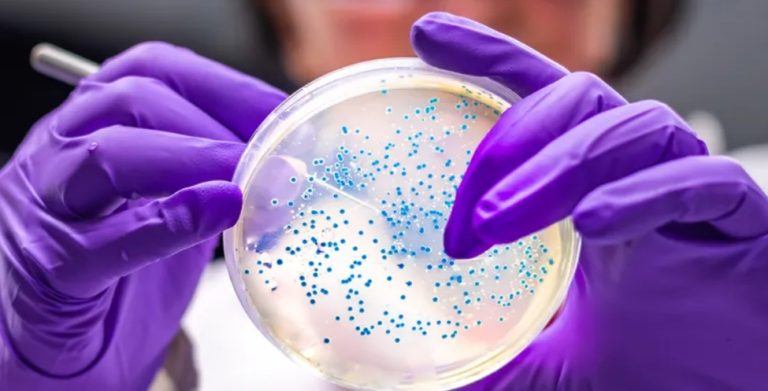Hansa Biopharma AB has announced promising results from a 12-month follow-up analysis of its investigational drug, HNSA-5487, as part of the NICE-01 trial. The drug is designed to cleave immunoglobulin G (IgG), a key antibody linked to several autoimmune diseases.
In the trial, HNSA-5487 demonstrated rapid and robust reductions in IgG levels, lowering them by more than 95% just hours after treatment. Twelve months later, the follow-up analysis confirmed that IgG levels returned to normal six months post-dosing. These findings mirror the results seen with Hansa’s first-generation IgG-cleaving enzyme, imlifidase.
No serious side effects were reported during the trial, with the company reiterating that HNSA-5487 has been found safe and well-tolerated. The drug’s redosing potential is particularly promising, with the follow-up revealing significantly lower pre-treatment anti-drug antibody (ADA) levels and reduced ADA responses compared to imlifidase.
Søren Tulstrup, President and CEO of Hansa Biopharma, highlighted the importance of the findings. “There is mounting clinical evidence that faster and more robust IgG reduction is directly linked to more successful therapeutic outcomes in autoimmune and other diseases,” he said. He added that HNSA-5487’s ability to rapidly reduce IgG levels, combined with its redosing potential and favourable safety profile, distinguishes it from other therapies targeting IgG.
The NICE-01 trial is a double-blind, placebo-controlled study involving 36 healthy adults. It assessed the drug’s safety, tolerability, pharmacokinetics, and pharmacodynamics. Results showed that HNSA-5487 achieved similar efficacy in almost 100% of serum samples collected at six and 12 months after dosing.
Hansa Biopharma plans to focus the development of HNSA-5487 on chronic autoimmune diseases where IgG antibodies play a role in disease progression, particularly in the acute phases. The company aims to address conditions such as myelin oligodendrocyte glycoprotein antibody disease (MOGAD), neuromyelitis optica (NMO), and myasthenia gravis (MG). These diseases share a common cause—misguided IgG antibodies—and are currently underserved by available therapies.
MOGAD affects between 2 and 3.4 in every 100,000 people globally, with around 30% of cases occurring in children. NMO is slightly more prevalent, affecting around seven in every 100,000 people in the US, where an estimated 22,000 people live with the disease. Globally, between 150 and 200 people per million are affected by MG. Despite the serious nature of these diseases, there are few advanced treatments available, particularly for the acute phases.
Hansa believes HNSA-5487 could play a transformative role in managing these conditions, offering faster IgG reduction and greater redosing potential than current therapies. The next phase of development will focus on advancing HNSA-5487 in these areas, with the hope of addressing significant unmet medical needs across a wide range of IgG-driven conditions. Find out more at www.hansabiopharma.com



